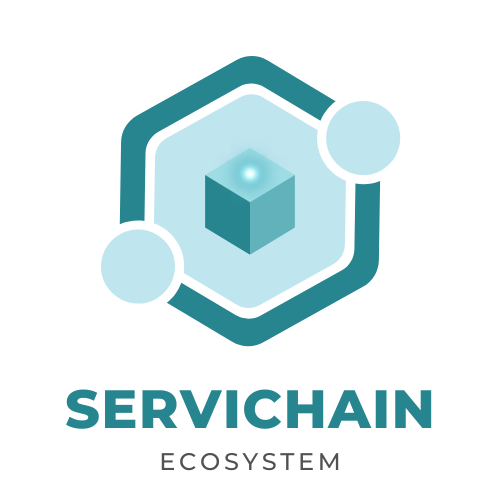Get Easy Apps & Tools to Be on the New Internet
From individuals to businesses, we provide easy blockchain APIs and secure infrastructure to be on Web3
Blockchain APIs
Integrate Bitcoin, Ethereum, Polygon in just a few lines of code
Web3 Wallet
Secure mobile wallet with simplified Web3 access for your users
European Infrastructure
Luxembourg hosting, sovereign data, high availability
Expert Support
Dedicated technical team and training via Cauris School
Powering global blockchain development
Trusted by leading companies and developers worldwide



























Everything you need to build on blockchain
From APIs to infrastructure, we provide the tools and services that power the next generation of decentralized applications.
Developer-First APIs
APIs designed for developers, with comprehensive documentation and SDKs.
Multi-Chain Support
Connect to Ethereum, Polygon, BSC, and other major blockchain networks through a single interface.
Enterprise Security
Enterprise-grade security, compliance tools, and monitoring to keep your applications safe and compliant.
Learn Web3 with Cauris School
Discover our educational platform dedicated to blockchain and Web3. Articles, tutorials and resources to master decentralized technologies.

